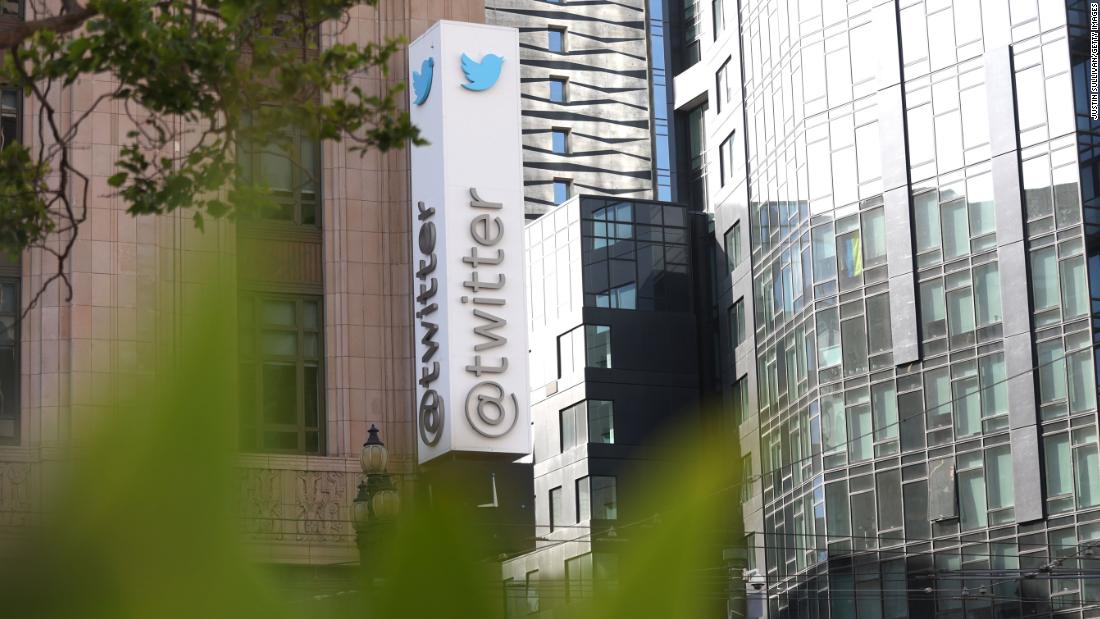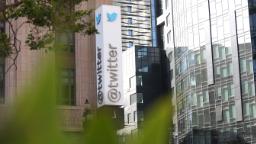

Until now.
The San Francisco-based company filed a petition before the High Court of Karnataka, a state in southwest India, on Tuesday according to a listing reviewed online by CNN Business.
Twitter declined to comment on case.
But a source familiar with the filing said that the company had decided to challenge some orders by the government as they “demonstrate excessive use of powers and are disproportionate.”
“Authorities are targeting people for content posted online, and regularly intimidating web platforms and social media services into complying with its censorship,” said Raman Jit Singh Chima, senior international counsel and Asia Pacific policy director at digital rights group Access Now.
Chima and other free speech advocates have accused the government of trying to censor journalists, protest groups, and opposition lawmakers with its blocking orders, which are rarely made public.
“Today, Twitter is standing up for the population and doing what should be the governmentʼs job: safeguarding our rights,” he added
India’s tech ministry threatened Twitter last month with “serious consequences,” including initiating criminal proceedings against its executives, if the company failed to comply with the agency’s orders to remove some tweets and block accounts, the source said.
While the company has blocked access to the content in India for now, it is seeking judicial review of some of the orders. The company believes they violate the country’s technology laws and threaten freedom of speech, according to the source.
He added that all platforms operating in the country “have [an] unambiguous obligation to comply with our laws and rules.”
High-stakes standoff
The lawsuit by Twitter is the latest tussle in an increasing contentious relationship between Silicon Valley tech companies and one of their largest markets. India’s ruling party has intensified its crackdown on social media and messaging apps since last year.
American tech firms repeatedly expressed fears last year that the country’s tech rules may erode privacy, usher in mass surveillance and harm business in the world’s fastest growing digital market. India says it is trying to maintain national security.
The case is pending, a spokesperson for the company told CNN Business on Wednesday.
Twitter also expressed concerns over the IT rules last year and said that it plans “to advocate for changes to elements of these regulations that inhibit free, open public conversation.”
In its lawsuit this week, Twitter has not challenged India’s technology law, but has said that the government’s blocking orders are “disproportionate in several cases,” according to the source.
“Of course, you can say that foreign companies have no obligation to stand up for our rights,” he added. “That is correct. But the legal process is cumbersome, expensive and long drawn. I can’t afford it. Neither can you. They can.”
— Swati Gupta and Esha Mitra contributed to this report.
